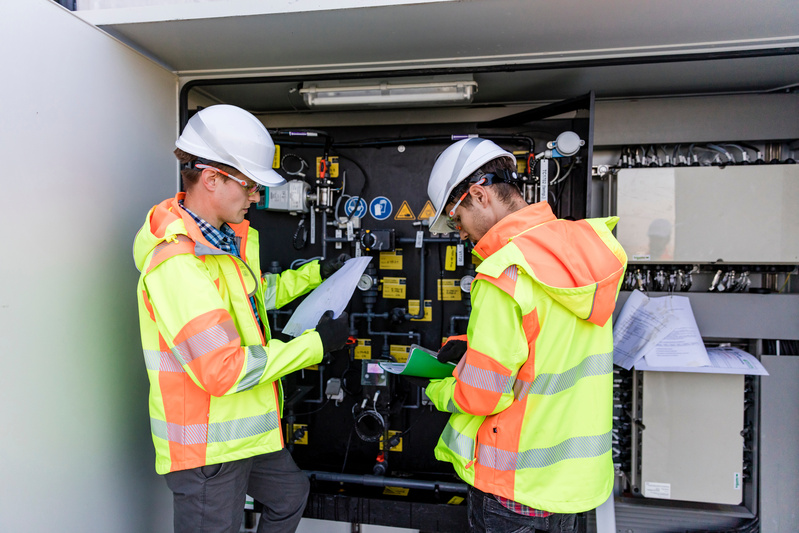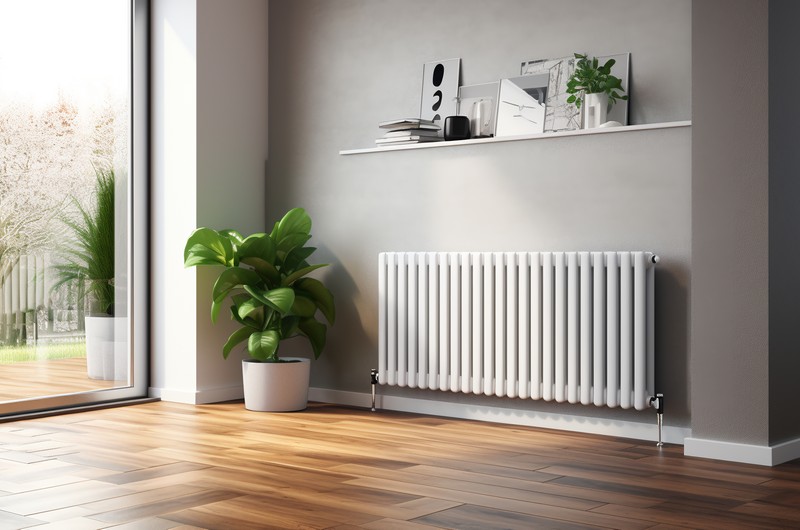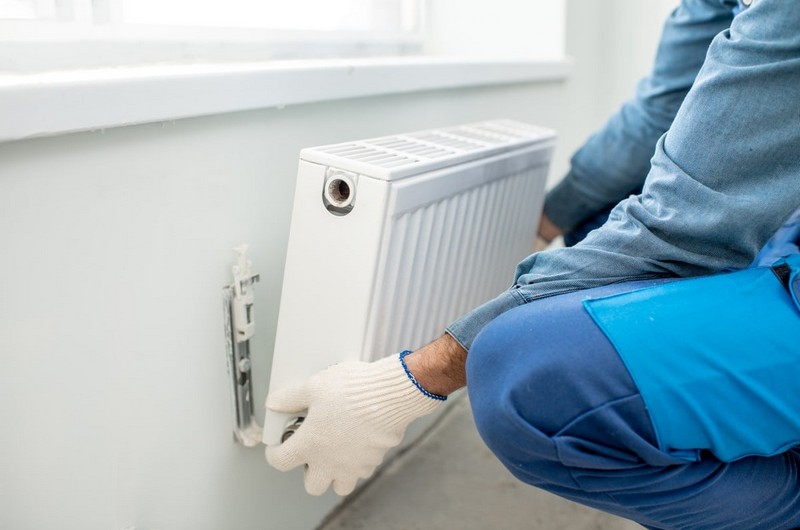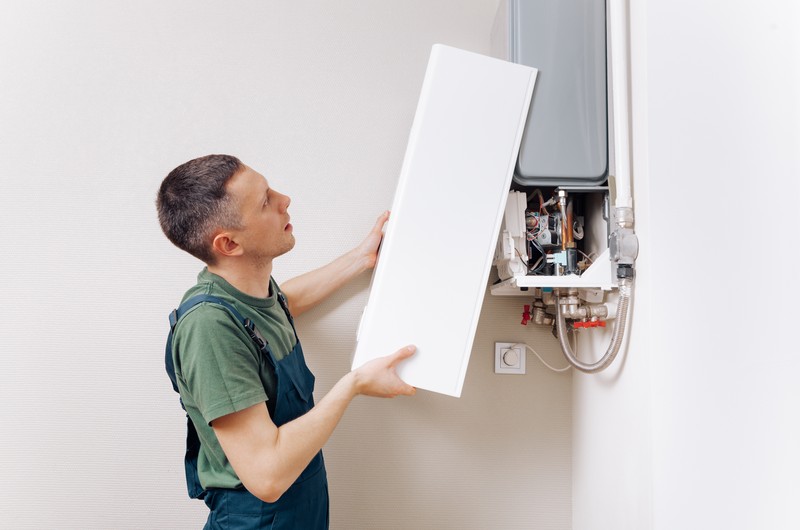 12 Electrical Safety Tips for Around your Home this Christmas
12 Electrical Safety Tips for Around your Home this Christmas

Look out for damaged electrical cables – all power cables and extension leads should always be checked regularly, and replaced as required. As a rule of thumb, don’t run cables under rugs and furniture, as they can cause a trip hazard, overheat or get crushed and damaged. If using out side make sure they are IP rated and designed for the job!
- Don’t overload sockets – overloading plug sockets is a common cause of electrical fires. Always make sure the sockets are cool to the touch. And only plug one heat-producing appliance into a multi-way socket at a time.
- Keep electrical devices away from water – water and electricity together are a deadly combination. To follow electrical safety rules, keep all electrical equipment well away from water. There’s a high risk of electrocution if you use an electrical appliance with damp hands. And always unplug your kettle before filling it! If using for outside lights this Christmas make sure you use light, lead etc that are designed for external use (IP Rated) and RCD protected.
- Keep unused cables tidy and secure – electrical safety doesn’t only apply when cables are in use. Make sure they’re stored away safely when you’re not using them. It’s best not to wrap cables around objects (like your hairdryer or laptop plug), as it can stretch them, and cause overheating. And never put an electricity cable on a hot surface, as it can damage the insulation and wiring inside.
- Unplug all unused appliances – an unplugged appliance is 100% safer than one that’s left plugged in. Not only does it save you money – as plugged-in appliances still use power when on standby mode – but it protects them from overheating or power surges. If your sockets are a bit hard to reach, like behind bookcases or sofas, invest in a smart plug.
- Allow space for air circulation – electrical equipment needs room for the air to circulate, to keep cool it while it’s working. Without this, it can overheat and be a fire hazard. Don’t put anything on top of electrical appliances like microwaves, and don’t run electrical equipment in cupboards. And if you’re using a standalone heater, make sure it’s at least a foot from the wall.
- Make sure all exhaust fans are clean – some appliances, like hobs, have exhaust fans. These can get dirty and clogged. Keeping them clean will not only keep them energy-efficient, but it also helps to stop them becoming a fire hazard.
- Be safe with heaters – it might sound like common sense, but keep combustible items away from heaters. Portable heaters shouldn’t be used near curtains, and should always be on a level, stable surface.
- Check the fuse – it’s easy to replace a fuse on plugs – but make sure you use the right one for the appliance. Using the wrong fuse can cause a cable to overheat, and means the appliance isn’t protected against electrical faults. Always replace like for like.
- Avoid knock-off goods – be wary of items purchased outside or imported into the UK, as these don’t always meet national safety standards. And definitely avoid counterfeit electrical goods (such as fake-brand hair straighteners), which are a leading cause of electrical shocks and fires. This goes for batteries and chargers too. Only buy the official branded chargers for your laptop or phone, ideally straight from the manufacturer. You might save money buying knock off goods but this could cost you a lot more in the long term!
- Check you’re using the correct wattage – with the advent of energy-saving LED bulbs, this is less of a worry – as they’re less likely to overheat than the old incandescent. But using the right wattage of bulb can also prevent electrical problems – so always check first.
- Always follow the manufacturer’s instructions – possibly the best piece of advice when using any electrical appliance is “read the instructions”. Using your devices correctly improves performance, and keeps you safe.
If any appliance gives you even a slight electric shock, stop using it at once and always a qualified electrician to appliance engineer to check it. Don’t try to repair it yourself.
Last Edited: May 14th, 2024



